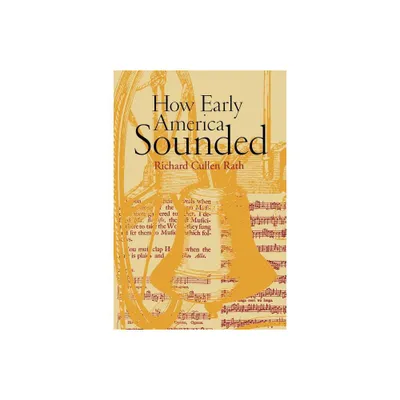Home
Trading Freedom: How Trade with China Defined Early America
Loading Inventory...
Barnes and Noble
Trading Freedom: How Trade with China Defined Early America
Current price: $49.00


Barnes and Noble
Trading Freedom: How Trade with China Defined Early America
Current price: $49.00
Loading Inventory...
Size: Hardcover
*Product Information may vary - to confirm product availability, pricing, and additional information please contact Barnes and Noble
Explores the surprisingly rich early history of US-China trade and its unexpected impact on the developing republic.
The economic and geographic development of the early United States is usually thought of in trans-Atlantic terms, defined by entanglements with Europe and Africa. In
Trading Freedom
, Dael A. Norwood recasts these common conceptions by looking to Asia, making clear that from its earliest days, the United States has been closely intertwined with Chinamonetarily, politically, and psychologically.
Norwood details US trade with China from the late eighteenth through the late nineteenth centuriesa critical period in America’s self-definition as a capitalist nationand shows how global commerce was central to the articulation of that national identity.
illuminates how debates over political economy and trade policy, the building of the transcontinental railroad, and the looming sectional struggle over slavery were all influenced by Sino-American relations. Deftly weaving together interdisciplinary threads from the worlds of commerce, foreign policy, and immigration,
thoroughly dismantles the idea that American engagement with China is anything new.
The economic and geographic development of the early United States is usually thought of in trans-Atlantic terms, defined by entanglements with Europe and Africa. In
Trading Freedom
, Dael A. Norwood recasts these common conceptions by looking to Asia, making clear that from its earliest days, the United States has been closely intertwined with Chinamonetarily, politically, and psychologically.
Norwood details US trade with China from the late eighteenth through the late nineteenth centuriesa critical period in America’s self-definition as a capitalist nationand shows how global commerce was central to the articulation of that national identity.
illuminates how debates over political economy and trade policy, the building of the transcontinental railroad, and the looming sectional struggle over slavery were all influenced by Sino-American relations. Deftly weaving together interdisciplinary threads from the worlds of commerce, foreign policy, and immigration,
thoroughly dismantles the idea that American engagement with China is anything new.


















